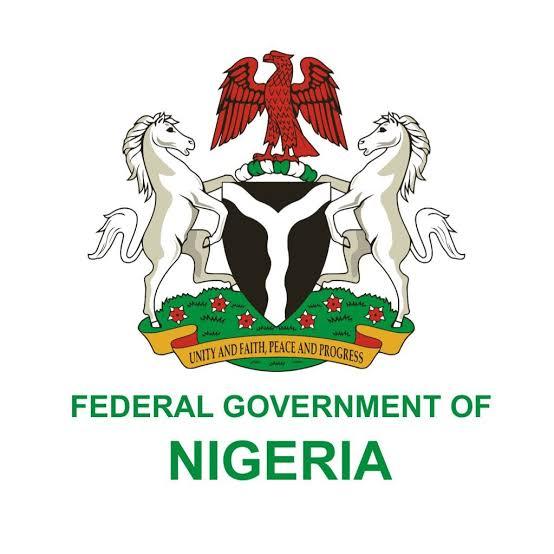Corruption is a menace that eats deep into the heart of a nation’s progress. But in Nigeria, one agency is officially tasked with fighting this monster — the Independent Corrupt Practices and Other Related Offences Commission (ICPC).
Since its establishment in 2000, the ICPC has stood as a watchdog, a reformer, and a legal powerhouse, ensuring that corrupt practices are not only exposed but eradicated. But what exactly does this agency do on a daily basis? What powers does it hold? And how does it affect the lives of everyday Nigerians?
Let’s take a closer look.
1. Investigating and Prosecuting Corruption
One of the ICPC’s most prominent responsibilities is investigating allegations of corrupt practices. When whistleblowers or members of the public file a complaint, the Commission swings into action:
- It gathers evidence,
- Carries out in-depth investigations,
- And—when the case is solid—prosecutes the offenders in court.
From shady government deals to embezzled funds, the ICPC acts as the courtroom hammer against corruption.
2. Reforming Public Institutions
Fighting corruption isn’t just about catching bad actors — it’s about fixing broken systems. The ICPC goes beyond prosecution to examine the internal workings of ministries, departments, and agencies (MDAs).
If any procedures are found to encourage corruption or inefficiency, the Commission mandates reforms. This might involve:
- Changing procurement processes,
- Reviewing job recruitment policies,
- Or streamlining payment systems.
The goal? To close loopholes before they’re exploited.
3. Offering Professional Anti-Corruption Advice
The ICPC also acts as an adviser to public institutions, helping them stay on the straight and narrow. Through seminars, consultations, and official guidance, the agency helps government bodies:
- Strengthen internal controls,
- Set up integrity checks,
- And implement preventive policies.
It’s like having an anti-corruption coach on your team — one that really means business.
4. Educating the Public and Raising Awareness
To truly defeat corruption, the people need to understand it. That’s why public education and enlightenment are a core part of the ICPC’s mandate.
From rural communities to university campuses, the ICPC carries out:
- Town hall meetings,
- Radio and TV campaigns,
- Integrity clubs in schools,
- And training programs for youth and professionals.
Their message is clear: “See something, say something.”
5. Protecting Whistleblowers
Speaking up against corruption in Nigeria is brave — and dangerous. That’s why the ICPC takes whistleblower protection seriously. Anyone who reports corrupt practices can be assured of:
- Confidential handling of their case,
- Protection from retaliation,
- And legal support when necessary.
This safe environment encourages transparency and makes fighting corruption a collective effort.
Why the ICPC Matters to Every Nigerian
You don’t have to work in government to be affected by corruption. It impacts your:
- Roads,
- Hospitals,
- Schools,
- And even electricity supply.
By tackling the root of the problem, the ICPC indirectly improves the quality of life for millions of Nigerians. That’s why their work is not just official — it’s essential.
FAQs About the ICPC’s Role in Nigeria
1. What is the main function of the ICPC?
The ICPC’s main role is to prevent, investigate, and prosecute corruption and related offenses in Nigeria’s public sector.
2. Does the ICPC only deal with government workers?
Primarily, yes — but it can also investigate private individuals and organizations involved in public corruption or defrauding the government.
3. What’s the difference between ICPC and EFCC?
The EFCC focuses more on financial crimes like money laundering and fraud, while the ICPC concentrates on public sector corruption and abuse of office.
4. How can someone report a corruption case to the ICPC?
Anyone can file a complaint through the ICPC website, physical offices, or call centers. Reports can be made anonymously.
5. Is it safe to report corruption?
Yes. The ICPC provides protection for whistleblowers and ensures the confidentiality of all reports.
Conclusion: One Mission, Many Responsibilities
The ICPC’s duties go far beyond arresting corrupt officials. They are architects of reform, educators of the public, protectors of integrity, and defenders of Nigeria’s future.
Whether you’re a student, a civil servant, or just a concerned citizen, the ICPC’s work affects you — and now, you understand exactly how.
Want to play your part? Stay informed. Stay alert. And report any corrupt practice to the ICPC. Nigeria depends on it.











